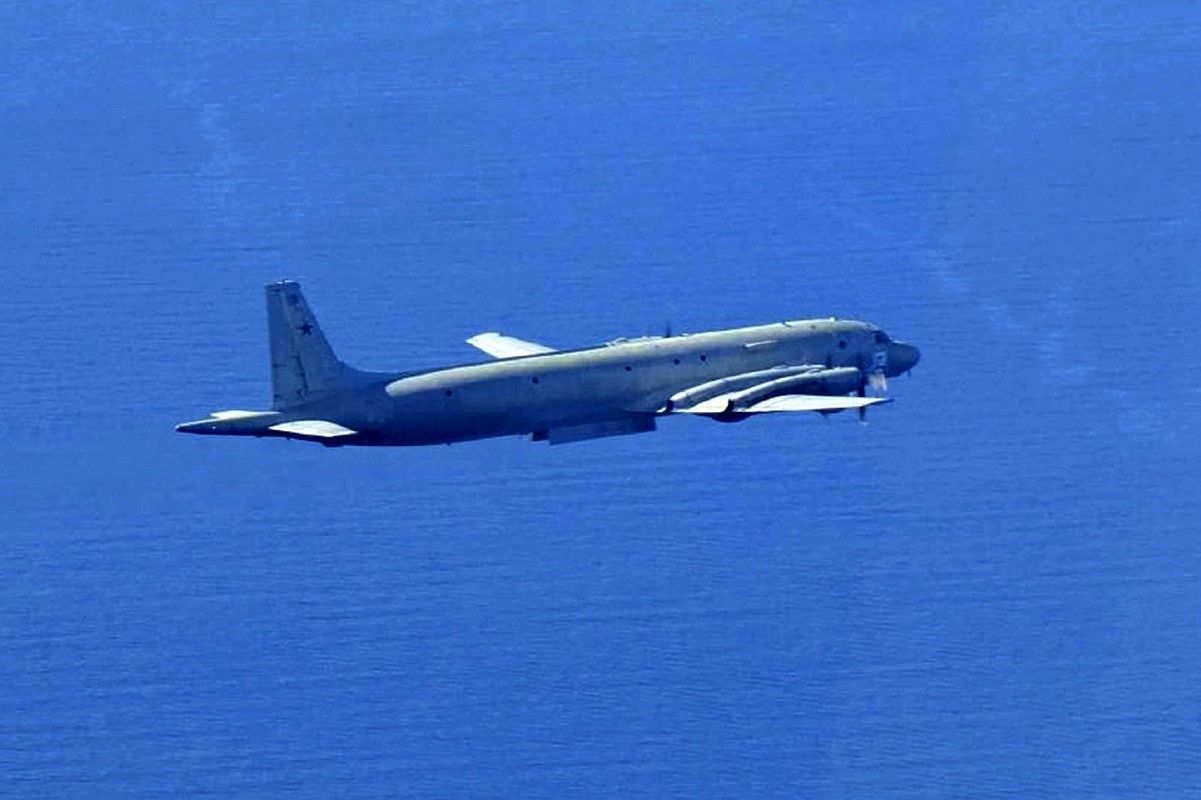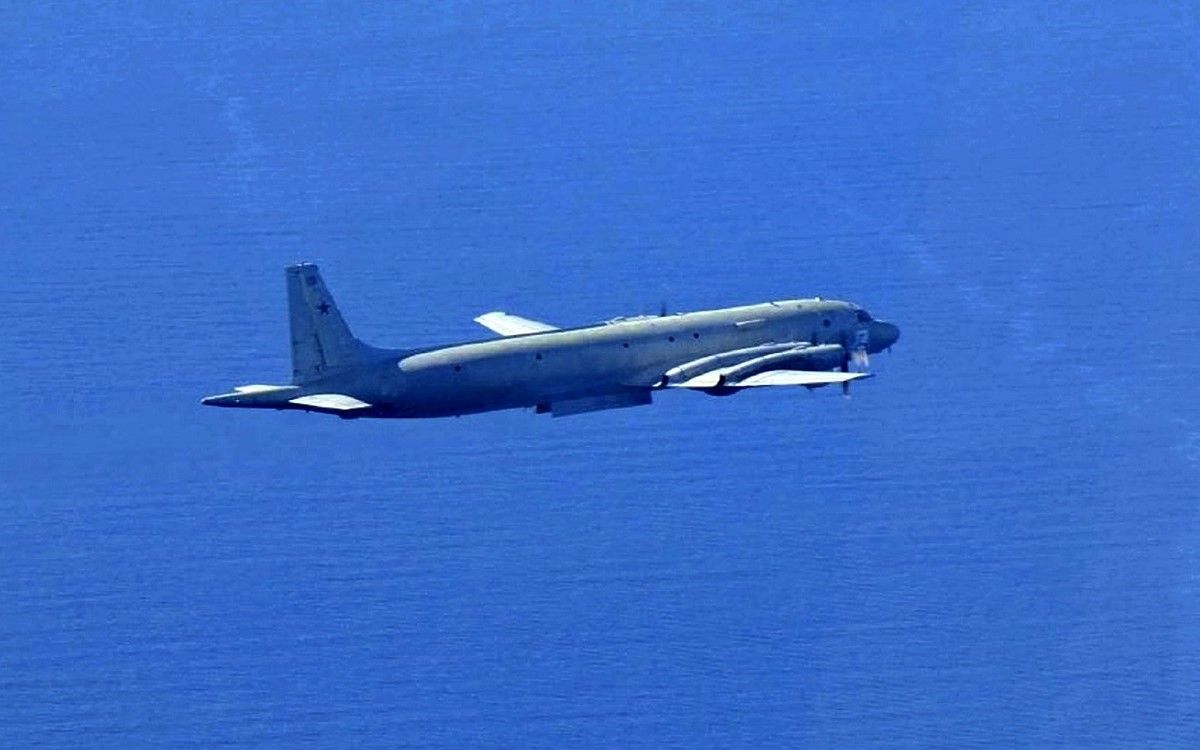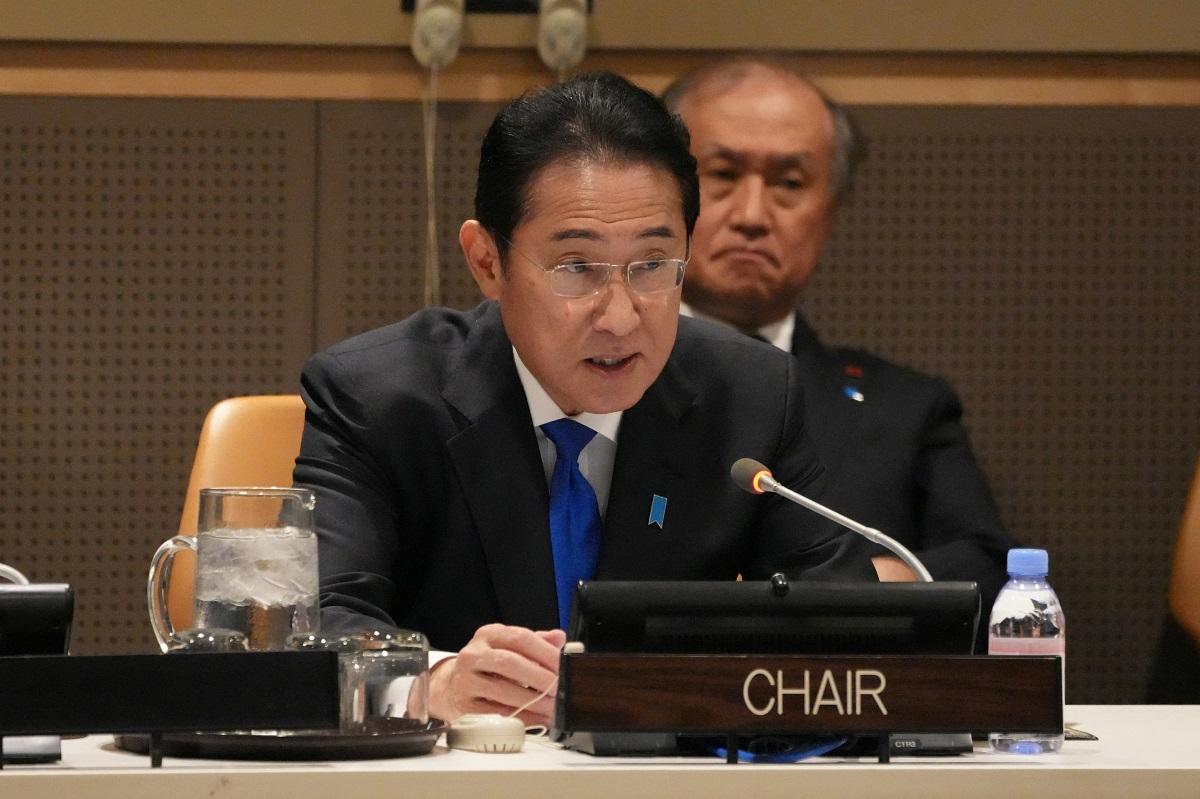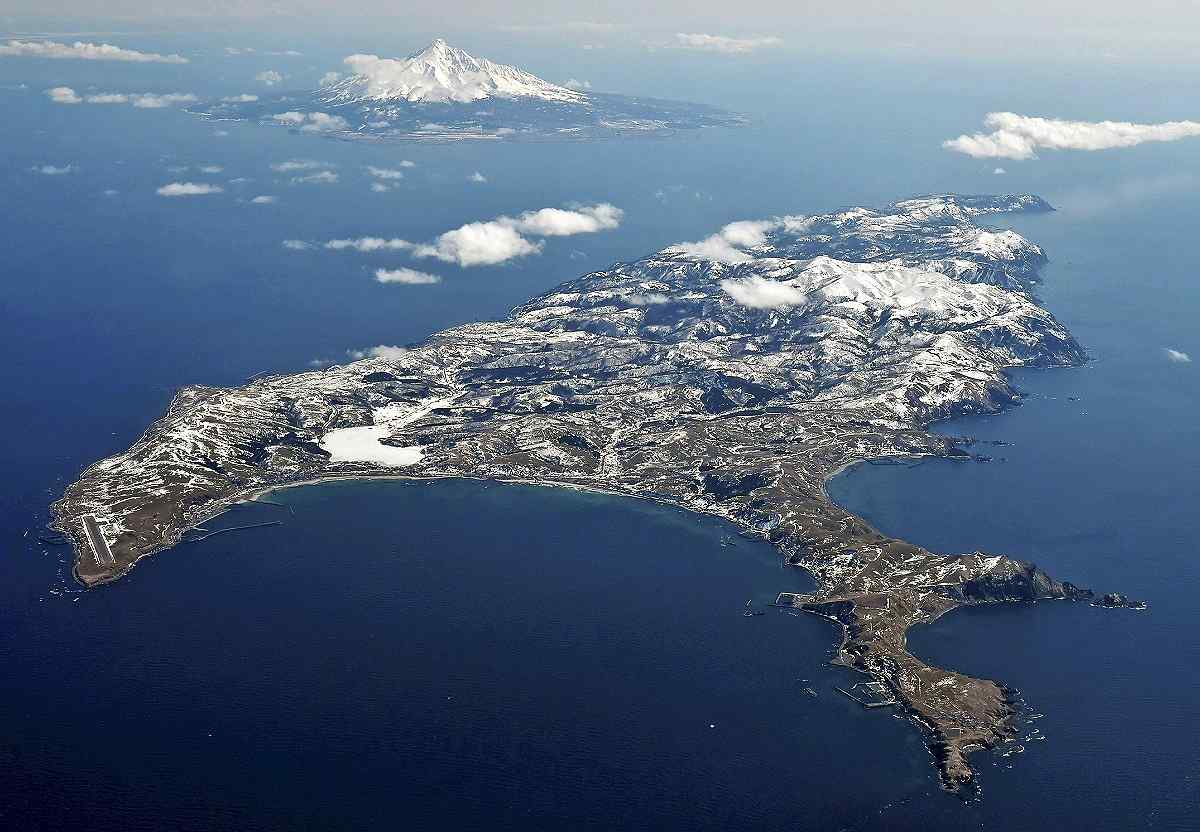Flares Were Meant to Send Clear Warning to Russian Plane, Says Japan’s Defense Minister; Russia’s Aims Being Looked Into

The Russian IL-38 patrol plane that intruded into Japan’s airspace on Monday
17:07 JST, September 24, 2024
The Defense Ministry has said that its use of flares, after a Russian patrol aircraft trespassed into Japanese airspace on Monday, was meant to send a clear warning to the plane.
In what could be seen as a military provocation, an IL-38 patrol plane violated the airspace near Rebun Island in northern Hokkaido three times.
Defense Minister Minoru Kihara said at a press conference on Monday that Japan will closely monitor the movements of the Russian military.
This is the first time Russia has entered Japanese airspace since June 2019, when Russian bombers entered the airspace near Minami-Daito Island in Okinawa Prefecture and Hachijo Island in Tokyo.
There have been 43 prior reports of Soviet and Russian aircraft violating Japanese airspace, but this was the first time that Japan launched flares to warn against an airspace violation.
Kihara said the Air Self-Defense Force took action “in response to the other side’s movements and the situation after issuing [radio] notifications and warnings.”
A senior ministry official said launching the warning flares was a strong move by Japan that sent a clear warning to the Russian plane.
Although there were no dangerous actions by the Russian military plane, the ASDF is believed to have decided that notifications via radio and other means were inadequate for dealing with the Russian military aircraft after it had repeatedly violated Japanese airspace.
On Sunday and Monday, nine Russian and Chinese naval vessels including a destroyer passed through the Soya Strait near Rebun Island and headed east, according to the ministry.
Given that the Russian military has deepened its cooperation with the Chinese military in recent years, this incursion into Japanese airspace could have been a coordinated move with the naval fleet.
The ministry, which continues to monitor the area, is working quickly to analyze Russian intentions.
* * *
The Defense Ministry on Tuesday corrected the explanation it gave on the previous day, saying the intrusion by Russia into Japanese airspace was the first since July 2019.
Top Articles in Politics
-

Japan PM Takaichi’s Cabinet Resigns en Masse
-

Sanae Takaichi Elected Prime Minister of Japan; Keeps All Cabinet Appointees from Previous Term
-

Japan’s Govt to Submit Road Map for Growth Strategy in March, PM Takaichi to Announce in Upcoming Policy Speech
-

LDP Wins Historic Landslide Victory
-

LDP Wins Landslide Victory, Secures Single-party Majority; Ruling Coalition with JIP Poised to Secure Over 300 seats (UPDATE 1)
JN ACCESS RANKING
-

Producer Behind Pop Group XG Arrested for Cocaine Possession
-

Japan PM Takaichi’s Cabinet Resigns en Masse
-

Man Infected with Measles Reportedly Dined at Restaurant in Tokyo Station
-

Israeli Ambassador to Japan Speaks about Japan’s Role in the Reconstruction of Gaza
-

Videos Plagiarized, Reposted with False Subtitles Claiming ‘Ryukyu Belongs to China’; Anti-China False Information Also Posted in Japan
























